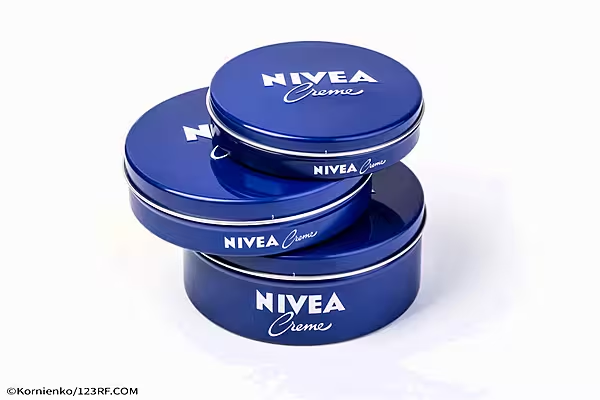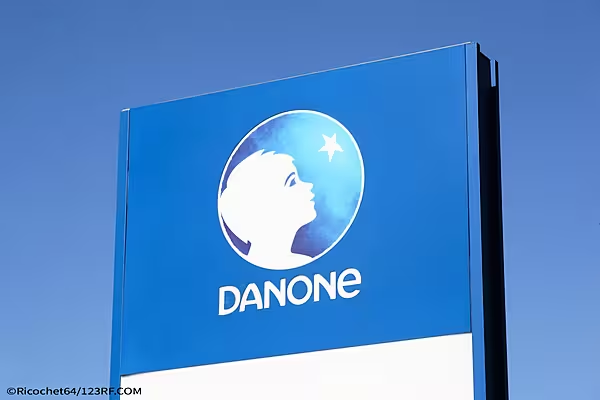New Zealand's Fonterra Co-Operative Group has reported a more than doubled annual profit on strong margins from its cheese and protein portfolio, and declared a higher final dividend, sending its shares higher.
The world's biggest dairy exporter also benefited from higher product pricing and strong demand for its dairy ingredients and foodservice channel.
The company reported a normalised profit after tax, excluding the one-off gain from divestments, of NZ$1.33 billion (€740 million) for the year ended 31 July, compared with NZ$591 million (€328 million) a year ago.
Farmgate Milk Price
But Fonterra had a challenging start to fiscal year 2024 as the company trimmed its farmgate milk price forecast for the season twice in August, driven by weakness in international dairy prices with lower demand from China, the world's top market for dairy imports.
"In the near term there's certainly been some headwinds (in China) despite the benefits we saw from the COVID-19 re-openings," Neil Beaumont, Fonterra chief financial officer told Reuters.
The dairy giant also expects inflationary pressures and farmgate milk price outlook to impact its production levels.
"We recognise the impact the reduced farmgate milk price has on farmers’ businesses and have utilised our strong balance sheet to introduce a new advance rate schedule guideline to assist on-farm cash flow," CEO Miles Hurrell said.
Read More: Top 20 Dairy Companies In The World
Fonterra, however, said it expects to earn between 45 and 60 NZ cents per share from continuing operations in fiscal 2024, compared to normalised earnings of 80 NZ cents per share in fiscal 2023.
Beaumont said that increases in prices at recent global dairy trade auctions, the reemergence of Chinese buyers and the upgrade of the China-New Zealand Free Trade Agreement indicated demand for New Zealand milk powders might pick up from early next year.
The Auckland-based company declared a final dividend of 40 NZ cents per share, compared with 15 NZ cents last year.
News by Reuters, additional reporting by ESM.











